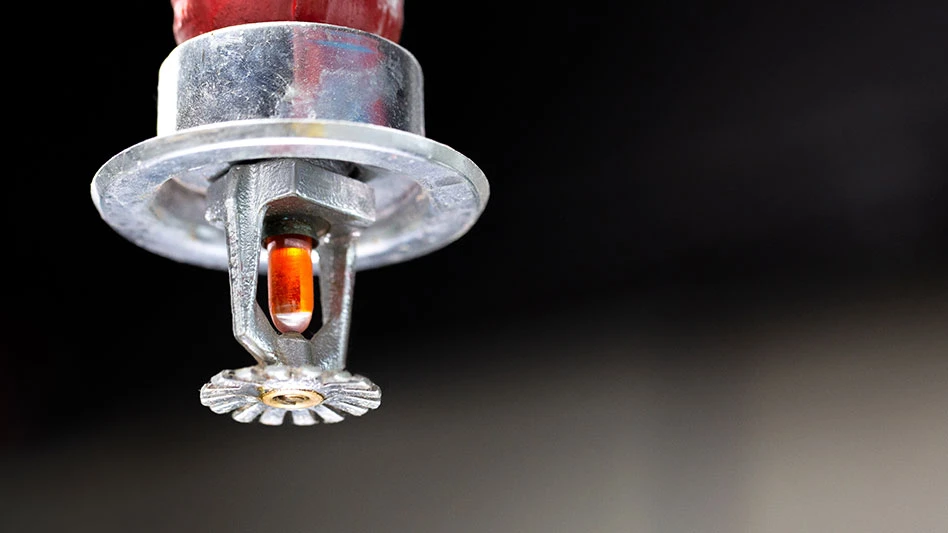
nukies1234 | stock.adobe.com
More than 5,000 fires occur annually at recycling facilities, according to estimates in a new report from the National Waste & Recycling Association (NWRA), Arlington, Virginia, and Resource Recycling Systems (RRS), Ann Arbor, Michigan.
Material recovery facilities (MRFs) increasingly experience catastrophic fires because of lithium-ion batteries that erroneously are placed in recyclables collected from households. As lithium-ion battery usage grows, so will the risk of fires, according to the organizations.
“RRS surveyed a large portion of the industry, from integrated service providers to standalone companies,” RRS Principal and Vice President Michael Timpane says. “What we found was that the reporting of fires depends on their severity, reporting requirements by the local response agencies, internal policies and local management practices. We also found that most MRF managers were measuring their fire frequency locally, regardless of whether they were reported internally or externally, and were getting better at fire detection and vigilance in their facilities. We were especially surprised that the number of fires per year was this high in the survey, though the majority of fires were small events.”
The report says the increased risk of MRF fires has driven up the cost to insure these facilities. The rate of catastrophic losses has risen by 41 percent over the last five years, with insurance rates increasing from less than 20 cents per $100 insured property value to as much as $10 per $100 insured as providers realize the threat to MRFs from fires, members of the insurance industry say. The fire risk and the cost to insure against them are expected to rise in the coming years as the use of lithium-ion batteries continues to grow exponentially, the organizations say.
“Lithium-ion batteries are in more items than we might think,” NWRA Interim President and CEO Jim Riley says. “Besides recycling facilities, these batteries are a threat to the entire solid waste and recycling system, from collection to disposal, and impact our members every day. Given the risk they pose, it is important consumers understand that lithium-ion batteries should not be placed in their waste or recycling bins and should be disposed of properly through the right channels.”
Latest from Recycling Today
- BMW Group, Encory launch 'direct recycling’ of batteries
- Loom Carbon, RTI International partner to scale textile recycling technology
- Goodwill Industries of West Michigan, American Glass Mosaics partner to divert glass from landfill
- CARI forms federal advocacy partnership
- Monthly packaging papers shipments down in November
- STEEL Act aims to enhance trade enforcement to prevent dumping of steel in the US
- San Francisco schools introduce compostable lunch trays
- Aduro graduates from Shell GameChanger program





